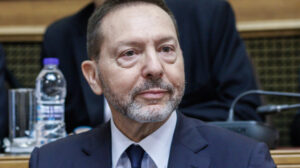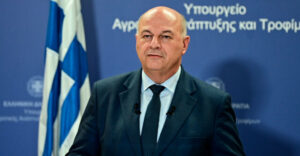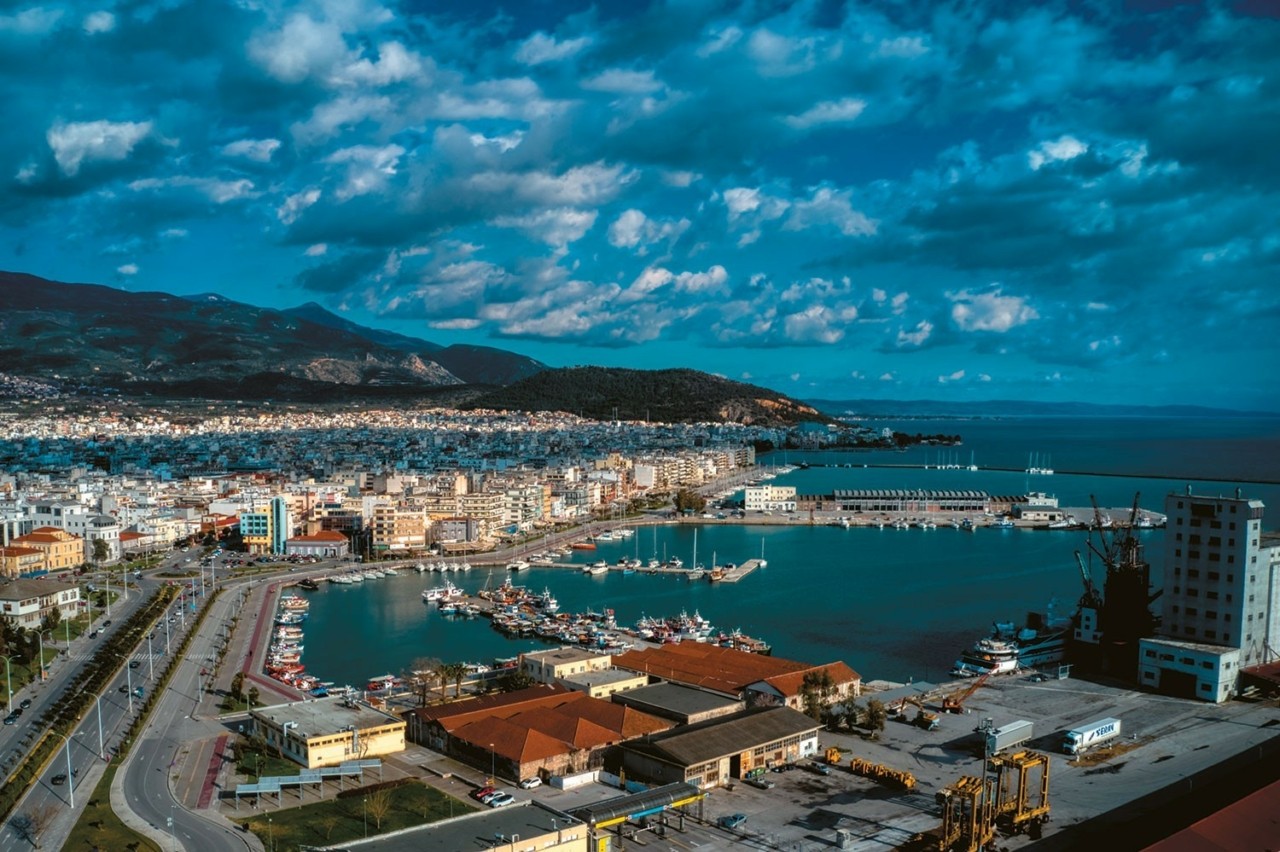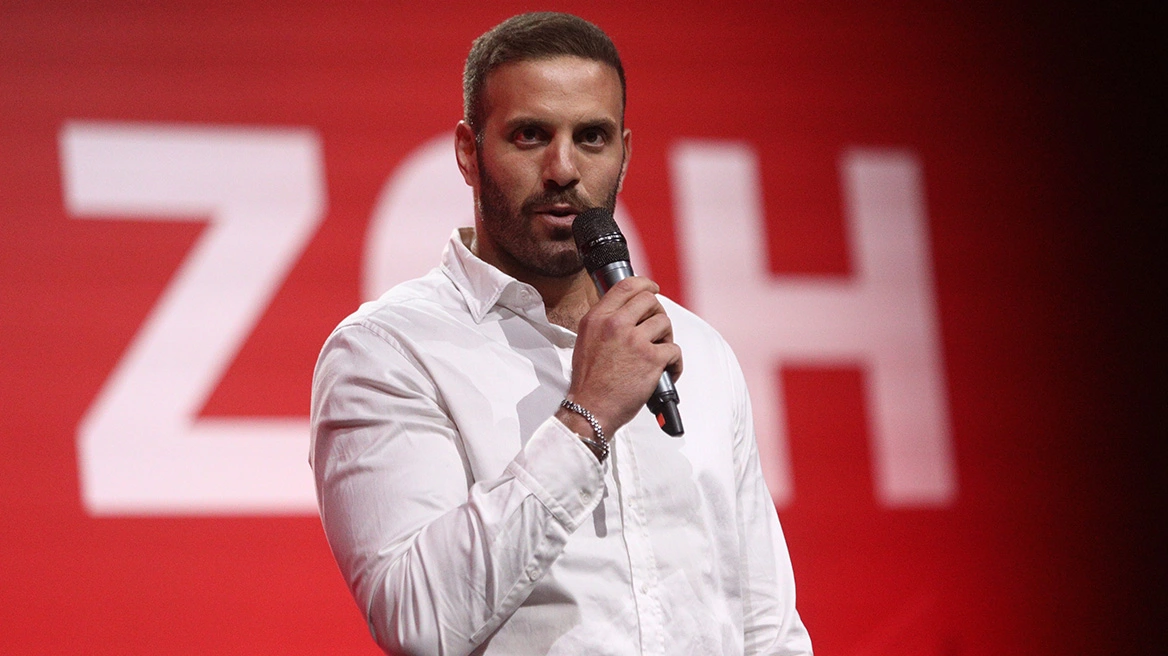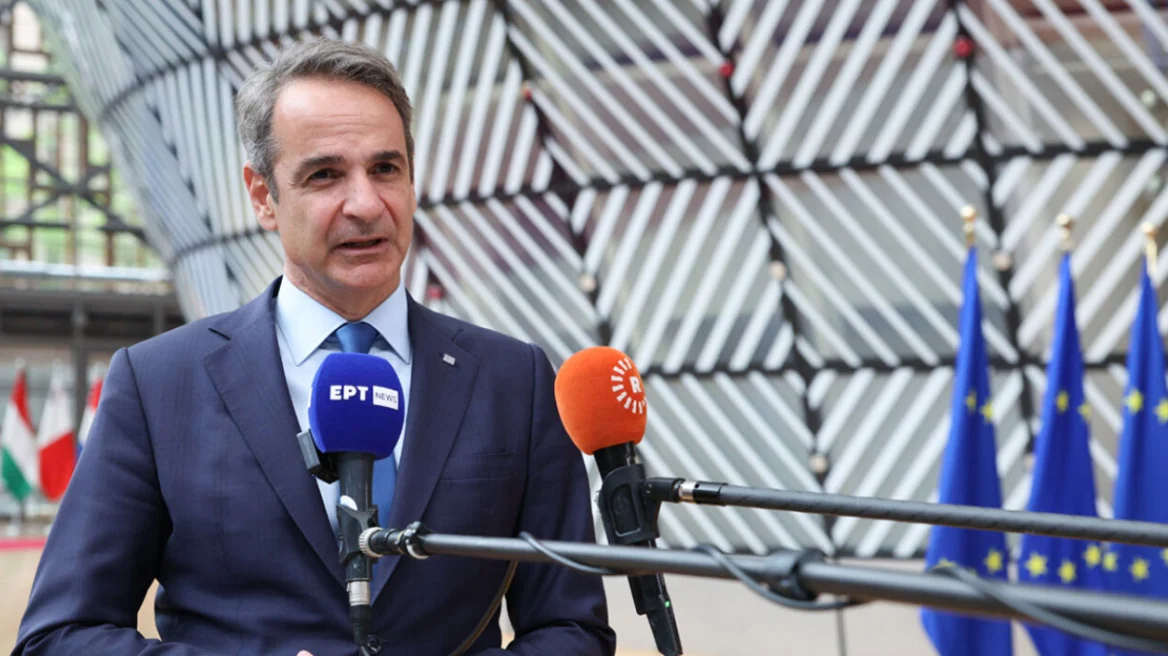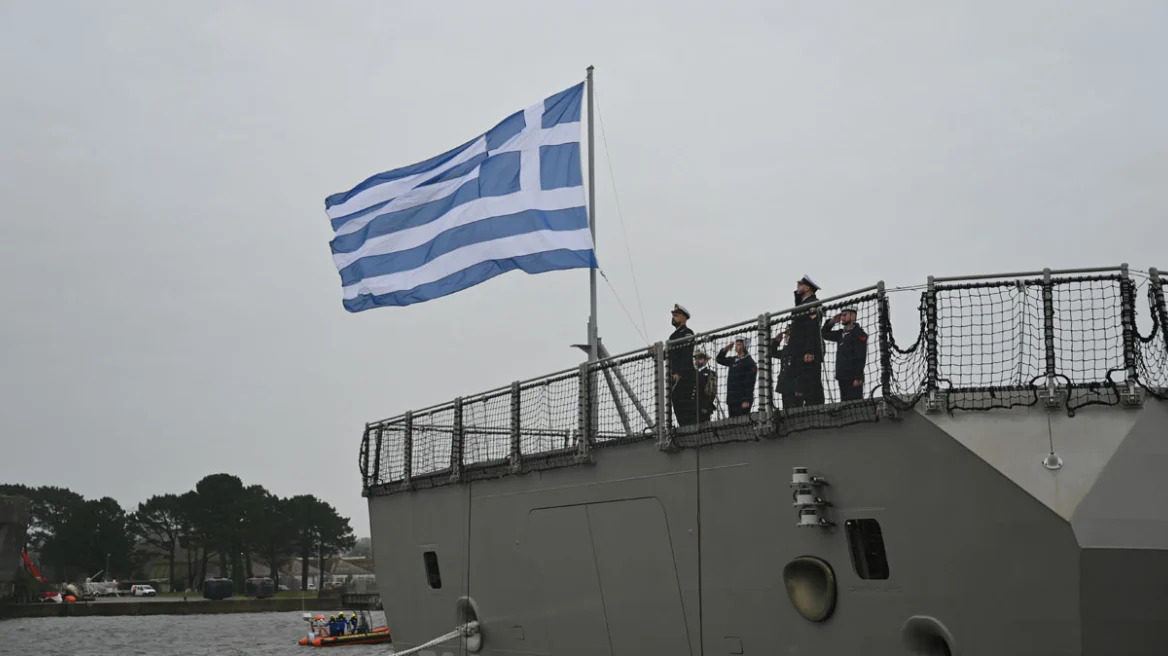The governor of the Bank of Greece, Yannis Stournaras, spoke about the new Trump presidency, the Samaras-Venizelos coalition, the role of Angela Merkel, Alexis Tsipras’ 2015 negotiations, and the scenarios that present him as the next President of the Republic in an interview with SKAI radio and Vassilis Chiotis and Notis Papadopoulos.
The Trump presidency
He noted that “we fear the Trump presidency” because, as he explained, “if Trump implements what he said during the election, that he would put tariffs, cut corporate taxes in America, kick out immigrants, well that’s an explosive mix and it comes on top of a situation where right now the debt of the United States is rapidly increasing. Many people say that it doesn’t matter because the dollar is behind, but they forget that the dollar is the basis of the system, because it is based on a safe asset, which is the bonds and notes of the US Treasury, and if they weaken, the dollar will weaken in the long term, so Europe will have to appoint someone to negotiate. Always a war is a very, very unpleasant development of course because it has a loss of life and also in the economy, i.e. Europe entered a crisis because of the war in Ukraine.”
Interest rates and borrowers
Referring also to the issue of interest rates, he noted that “we have made four reductions at the European Central Bank, we have gone from 4% in June to 3% this is the base rate. Banks are passing it on to the interest rates, they are obliged, and the Bank of Greece is watching exactly this reduction, because interest rates are floating so the reduction is passing on obligatory and I also expect another 100 basis points to be made, that is, to get close to 2% towards the autumn, barring any contingency – and we will see what these contingencies might be, I mean in Europe and America – around 2% for the central bank base rates to fall around the autumn of 2025. The borrower will see that immediately.”
On the issue of banks and commissions, Stournaras noted that “the commissions that banks get are not only commissions from money transfers, from withdrawals from ATMs that are related to the measures, they are also commissions from investment banking, from portfolio management so you can’t interfere with that, these are fees they get for doing business. So believe me they are the measures right, measured and priced. Maybe the banks have also fallen a little bit victim to their own rhetoric that everything is going perfectly, that they have very big profits.”
He also noted that “they have only been making profits recently. Of course, they have to have profits and to a very large extent, their profits are the result of the monetary policy that we are pursuing at the European Central Bank. Don’t forget in previous years they also had big losses.”
“Half of the banks’ capital, precisely because of the bond haircut, because of the red loans, is not paid-in capital yet, it’s a claim against the Greek government that they have, it’s called deferred taxation. They pay but they are offset against the liability that the government has towards them. So we now want the profits that they make a part of those profits, they should go to dividends because people invested in Greek banks. The Hellenic Financial Stability Fund sold shares, we cannot tell the shareholders that you will never get a dividend. So therefore a part will go to a dividend. One part of course goes to amortisation of deferred tax and one part goes to a capital increase. So they have to get all three of those things together.
“I believe that the minimum conditions for a consensus on economic policy are to have fiscal responsibility, that is to have a primary fiscal surplus of 2-2.5% of GDP every year like the one we have now. Secondly, we need to take care of financial stability – the stability of the banking system – so that we can protect deposits, because one of the great achievements over the years has been that not a single euro in deposits has been lost, not even from the most remote cooperative bank. Thirdly, we need to make the necessary reforms so that we can increase the productivity of the economy and, finally, we need to close the investment gap, that is to say, we need to make investments to reach the European average. These are the four things we have to do,” he stressed.
“I have respect for Merkel, but…”
“I have respect for Merkel because she ultimately helped save Greece, and you can judge things by the outcome, but spring 2014 was the last time the International Monetary Fund disbursed a tranche,” Stournaras said initially, adding: “A lot of good things happened during Samaras’ premiership, now the rest will be written in history. Greece was really saved by the skin of its teeth, Merkel finally played a very important role in saving Greece, so I look at her with respect but it doesn’t mean that everything she says is right.” In fact, referring to the background to the so-called “time-out” proposed by then German finance minister Wolfgang Schaeuble, he revealed that “if Greece had left the euro then, it would have become Syria.”
Asked whether it was a foul by the lenders that in 2014 they did not give the green light for an exit from the Memorandum, even though Greece had made all the necessary moves and they were waiting for Alexis Tsipras, Mr. Stournaras agreed, describing this move as the “biggest foul”, as the condition set for our country by the Eurogroup was that when we achieve a primary surplus, then there would be a debt “restructuring” and interest rates would be cut.
“Then Germany had European elections and didn’t want to do it, so we tried to find every excuse. The second excuse was that if we did it now if this government fell and another more undisciplined one came in, we would have no more weapons in our hands. But in the end, because everything is decided by the result, if we had done it then, maybe we would not have needed the third memorandum, which was perhaps the toughest of all,” the Bank of Greece governor stressed.
Responding to Alexis Tsipras’ claim that his deal did not cost 100 billion, Stournaras referred to the IMF’s Public Debt Sustainability Analysis at the end of 2014 and the one at the end of the first half of 2015. “I lived there, no one can tell me that it is not so, I lived them on my back. Very few people know what we went through back then, so it’s understandable that I feel a sensitivity to these issues. But I know that in the end, all’s well that ends well and we are reaching the point where we are a model for both Germany and France.”
The scenarios for the presidency of the Republic
As for the scenarios that present him as the next President of the Republic, he was unequivocal. “The country has a president who is very good in my opinion, if you want my opinion to the extent that it is my say, and the country has a central banker who likes the job he is doing.”
Ask me anything
Explore related questions
